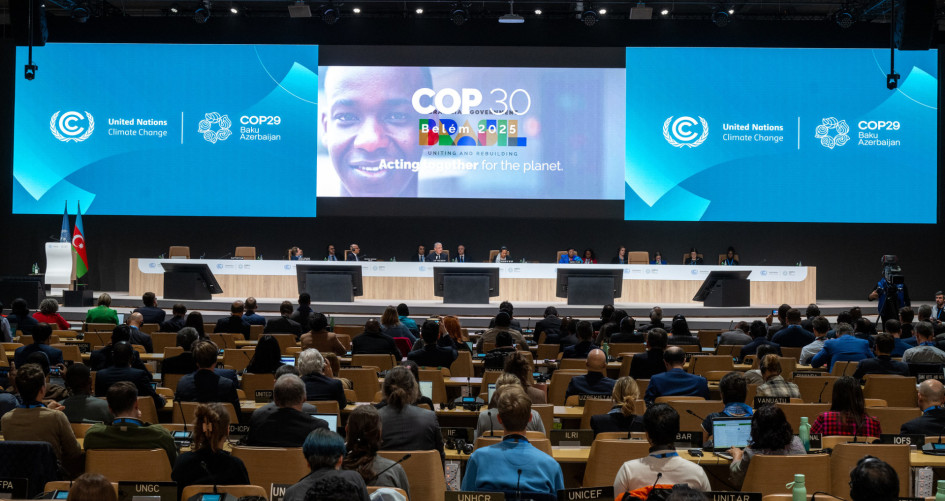Latest COP President's letter - 17 November 2025: click the Presidencies Communications section on the right to find the letter.
|
|
Credit: COP 29 host country
|
The COP 29 Presidency and the incoming COP 30 Presidency are committed to fostering an open, transparent, and inclusive UNFCCC process in preparing for COP 30, which will be held in Belém, Brazil, from 10 to 21 November 2025.
Recognizing the urgency of the climate crisis and the need for accelerated and collective climate actions, the Presidency and the incoming Presidency will engage Parties throughout the year at ministerial, Heads of Delegation and technical levels, as appropriate, to lay the groundwork needed to deliver successful outcomes at COP 30.
To ensure coordination and alignment, the Presidencies will work closely with the Chairs of the subsidiary bodies, with the support of the secretariat, to shape the common vision and priorities towards COP 30.
The following section will be regularly updated to reflect the informal consultations and other relevant engagement conducted by the COP 29 Presidency and the incoming COP 30 Presidency.

